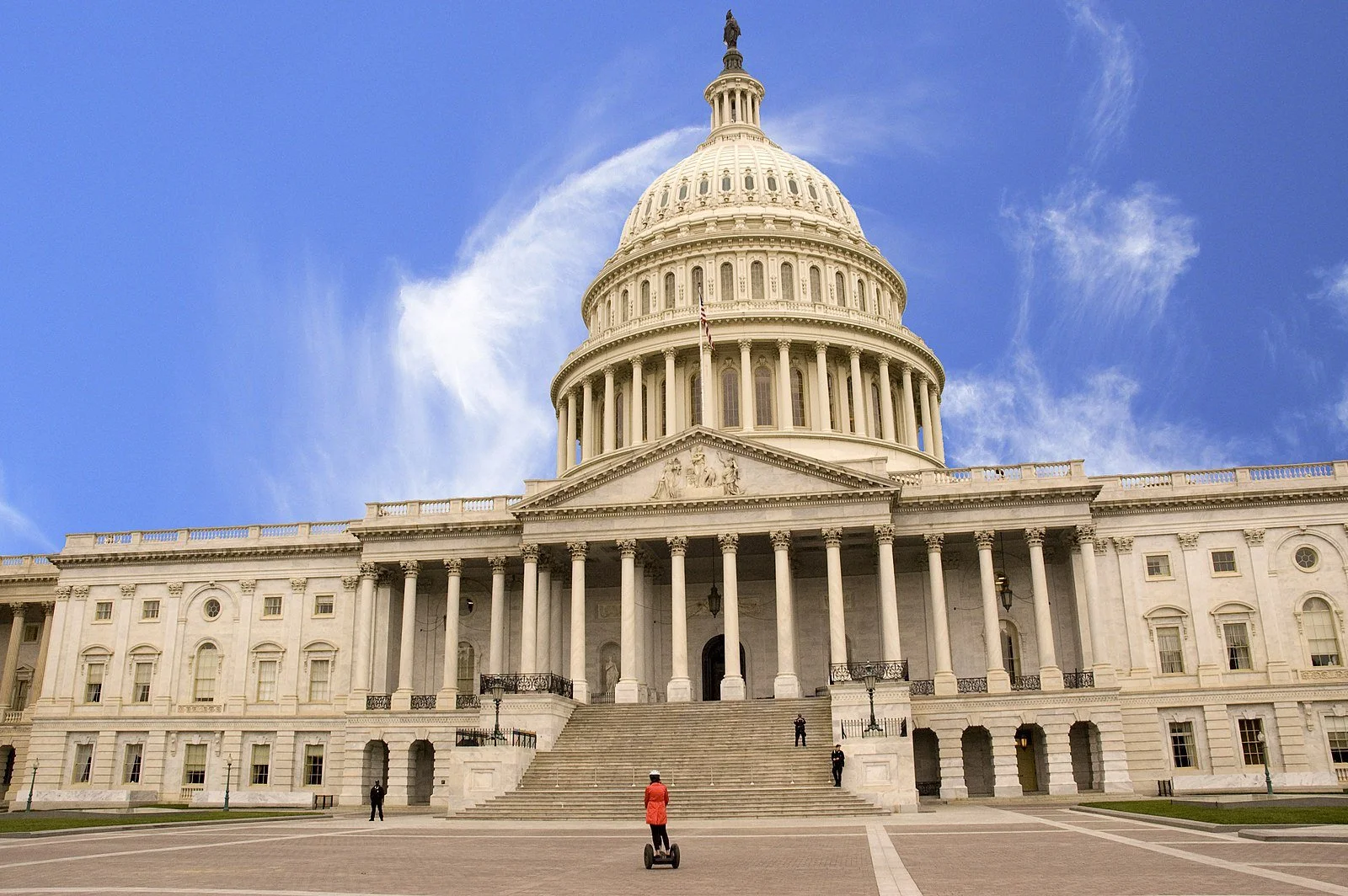Photo courtesy of Gage Skidmore via Wikimedia Commons.
Former President Donald Trump, pictured above speaking at a rally in Phoenix, Arizona.
Bryn Healy ’24
News Editor
Former president Donald Trump was indicted by a New York grand jury on March 30, 2023, making him the first president or ex-president to be indicted for a crime. According to NBC News, Trump is expected to be arraigned in front of Justice Juan Merchan after surrendering to the Manhattan District Attorney (DA), the DA who brought the case against the president, on Tuesday, April 4, 2023. This indictment charges the former president with more than two dozen counts, according to The New York Times, including campaign finance violations connected with Trump’s hush-money payment towards pornographic film actress Stormy Daniels.
In 2016, Trump hired Michael Cohen to pay off Daniels to keep quiet about their alleged affair. Trump and his organization allegedly falsely classified the money they paid and attempted to cover the situation up according to The New York Times. The specifics of the more than two dozen charges are not known at this time.
Michael Cohen, the former president’s former lawyer, was sentenced to 3 years in prison for the same payment in 2018. At the time, according to NBC, Cohen blamed Trump and his loyalty to the man for causing him to “choose darkness over light.”
Assistant Professor of Politics Joanna Wuest explained the significance of this moment. “When Richard Nixon’s aides were indicted in 1974 and a grand jury considered indicting the president himself, it wasn’t long before the president resigned from office, essentially disappearing from national party leadership.”
“With Trump, it remains very possible that the indictment might benefit him politically on the 2024 campaign trail,” Wuest continued, “given the former president’s consistent claims that corrupt elites are attempting to stifle his so-called populist struggle for power.”
Former Vice President Mike Pence released a statement, as described by the Hill. “The unprecedented indictment of a former president of the United States on a campaign finance issue is an outrage. And it appears to millions of Americans to be nothing more than a political prosecution that’s driven by a prosecutor who literally ran for office on a pledge to indict the former president.”
“Well, we’re in uncharted waters here, and there’s still a lot we don’t know,” Adam Hilton, a Mount Holyoke assistant professor of politics, explained. “Never before has a former U.S. president been indicted on criminal charges, and the details of the charges have yet to be unsealed. But, whatever the merits of this particular case, and there are additional, likely more serious indictments pending, the indictment marks a historic turning point in American politics. Even before the Trump presidency, the U.S. constitutional regime has been beset by rule-bending and norm-breaking behavior. Now, another norm has been broken. What we don’t know yet is whether this breach of tradition will further erode the stability of our democracy or potentially help strengthen it.”
Trump’s attorneys released a statement announcing that they plan to fight the indictment in court. The former president, according to The Guardian, is still under three other legal investigations and a defamation trial. Being indicted has no impact on Trump’s ability to run in the 2024 presidential election as a candidate.








